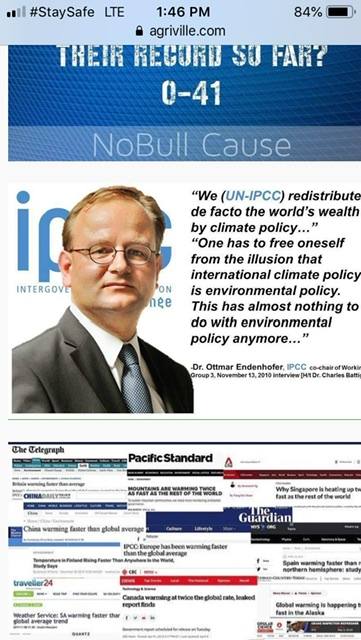Maybe chuck can tell us if obama and oprah and bezos will be selling their properties now.
I mean they are on the front line of climate change. Fire burns you out and the seal levels drown you out.
Funny they are still greenlighting homebuilding in boreal areas and on maimi waterfront.
I am sure its nothing because we will all be dead by 2030 right chuck.
I mean they are on the front line of climate change. Fire burns you out and the seal levels drown you out.
Funny they are still greenlighting homebuilding in boreal areas and on maimi waterfront.
I am sure its nothing because we will all be dead by 2030 right chuck.

Comment